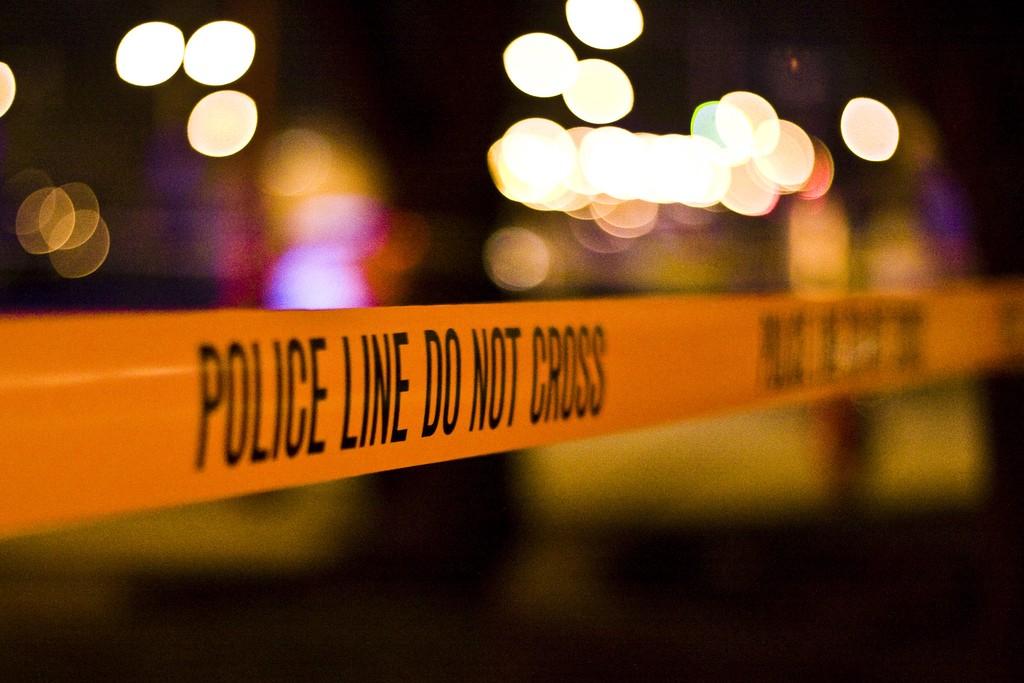A Man Menaced Me with a Gun — But I Struggled with Calling the Cops
We were both speeding on the highway’s one-lane exit ramp, but apparently I wasn’t going fast enough. The driver behind me was furious. He rode my bumper, revved his engine impatiently and, when the road widened, raced next to me to roll down his window and glare. Then he sped in front of me, only […]

We were both speeding on the highway’s one-lane exit ramp, but apparently I wasn’t going fast enough.
The driver behind me was furious. He rode my bumper, revved his engine impatiently and, when the road widened, raced next to me to roll down his window and glare.
Then he sped in front of me, only to slam on the brakes. He slowed and when he switched lanes, I grabbed my phone and opened the camera app. When our cars were parallel, he flashed a gun at me. A big gun.
I have clear photos of his black Mustang, his white license plate, and his brown face.
What I didn’t have — and still don’t have — was confidence in the police when it comes to interacting with people of color.
And that’s why I agonized over whether to call police when this young Black man menaced me on a busy Memphis highway in early May. I did not want to set in motion a chain of events that had even the most remote chance of ending in this brother’s death. And that’s what I’d be doing if I filed a police report.
This does not feel rational. I am aware that most police-civilian interactions end peacefully. It doesn’t seem fair that I’d be so concerned about this driver’s future when he had no concern for mine.
Was this some twisted racial solidarity? A meaningless stand against police brutality? A one-woman protest against mass incarceration? A warped and gendered desire to protect Black men, to rush to their defense regardless of whether they rush to Black women’s sides? Was my decision being unduly influenced by disturbing recent events in which white people used law enforcement as a weapon to police spaces intended for other white people?
But my road rage encounter happened before a slew of harrowing incidents involving white people calling the police on people of color. It happened before a white Yale grad student called police on a black grad student who had fallen asleep in a dorm’s common room while studying. And before news broke that a white woman in Oakland called the cops on Black men who were barbecuing in a public park, a Nordstrom Rack employee called the police on three black teens wrongly suspected of shoplifting, and, in my hometown, a white woman phoned the Memphis police about a Black real estate investor inspecting a neighboring home.
Nonetheless, my incident was after a white Philadelphia Starbucks manager called police on two black men who had yet to place an order. It was after an unreasonably anxious white mom called police on two Native American teens who joined a Colorado college tour late. And it happened after a nosy neighbor in Rialto, California, brought a swarm of police to investigate Black Airbnb guests, including a granddaughter of reggae icon Bob Marley, because they didn’t wave at her while they were checking out.
Ultimately it was my brother, a former public defender, who convinced me to at least call the police. A guy reckless enough to pull a gun on a busy street in broad daylight is dangerous, my brother reasoned. What if he went on to hurt someone else? In Memphis, where the population is two-thirds black, that victim would likely be African-American too. Should my allegiance lie with a potential victim? The gun-toting driver?
And so, hours after the incident, I called the police — and then immediately worried some more: What if his encounter with the police somehow turned bad?
When two officers — one white, one Black — came to my house, I met them outside. I hoped that if my white neighbors saw my body language, they would know that I was talking to police as a victim, not being interrogated as a suspect. But as I tried to explain to the cops what happened and how I wasn’t sure if I should have called them, my nerves turned into tears.
Whoever this angry motorist was, flashing a gun isn’t a capital offense, I told the officers. I even cautioned the cops that if they spotted the black Mustang I described it might not be the same driver at the wheel.
Rambling, I felt obligated to point out things about how they might carefully conduct the investigation that they surely already knew, as if casting these facts into the air would be insurance against the worst-case scenario. I then mumbled something about Philando Castile — who was shot and killed in 2016 after a Minnesota cop mistook him for a robbery suspect — and the white officer looked puzzled. The Black officer nodded and said he understood.
If I filed a report, the white officer told me, police would look for the car and contact the registered owner. If they found the driver, a warrant would be out for his arrest.
But filing a report meant creating a public record complete with my name and address, the information this hothead might use to find me. I said no, I wouldn’t be filing a report, both because I was concerned for my safety and the collateral consequences for the driver. They said they understood, and if I changed my mind, to call the non-emergency number the next morning.
I don’t know if I did the right thing. I guess it’s better safe than sorry — except I don’t feel safe.
Only sorry.
